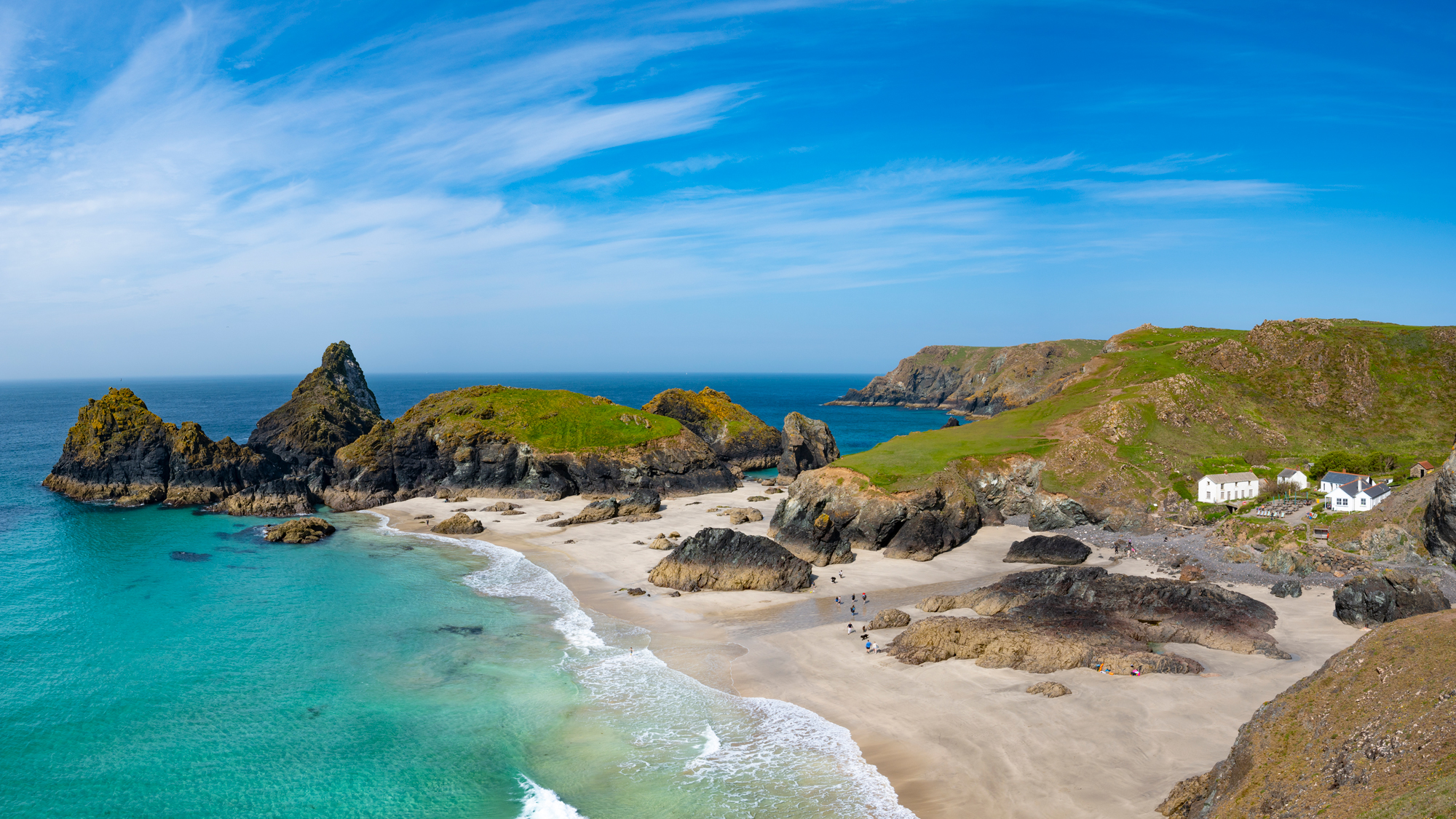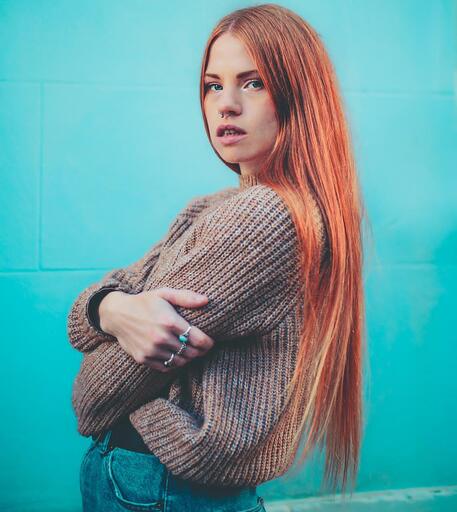Wedding photographer stung by National Trust fees for shooting on its land
The National Trust is the biggest private landowner in the UK – but it could charge you for shooting at your local beach

Imagine this; you’ve just had your dream wedding, you hired a photographer who took your photos in a stunning location, you’ve already paid thousands of pounds to them – and then you find out they’ve been landed with extra fees, for shooting on National Trust land. It’s enough to wind anyone up the wrong way, especially when the National Trust is a multi-million-pound business and much of its land was once publicly owned.
Beth Faulder is a 27-year-old wedding photographer from Cockermouth, England, with 11 years of experience in the industry, but last week she found out that you have to pay to shoot on National Trust land. By that I don’t mean, you have to pay to access National Trust houses or gardens, but if you wanted to shoot at Kynance Cove in Cornwall or Ennerdale Water in the Lake District, you would have to pre-book and pay a licensing fee.
• These are the best cameras for wedding photography – from more affordable entry-level APS-C cameras to top-spec full-frame systems
Ever since the COVID-19 pandemic, I think it’s fair to say photographers have been struggling. People are cutting costs left, right and center. Perhaps where they once upon a time would have invested in a professional wedding photographer, they are getting friends or family to shoot instead, which means fewer jobs and less income. Meanwhile, the National Trust’s income increased by roughly 25% between 2021 and 2022, to a staggering £643 million ($843 million / AU$1.2 billion).
A post shared by Beth Faulder Photography (@bethfaulderphotography)
A photo posted by on
I can understand charging a fee to shoot inside a National Trust property, or one of the gardens which is maintained by National Trust staff. But it seems absolutely ridiculous that you would have to pay to shoot in an area you can walk to for free, that has no facilities (other than perhaps a car park) and requires no staff to be on hand.
According to the National Trust, these fees have been in place for over 20 years and any money raised is used to support conservation work and ensure a location's natural beauty for years to come. Individuals are able to take photos for private use, free of charge, but it states anyone making money from their images will be subject to a licensing fee.
Beth found out about the fees via the couple, who had been contacted by a member of staff at the National Trust. Fees include a £50 photography fee plus photographers must pay an additional fee if they then wish to use the images for marketing purposes. With so many couples already struggling with price increases, the last thing Beth wants is to have to charge more – but with added fees, it's inevitable.
Get the Digital Camera World Newsletter
The best camera deals, reviews, product advice, and unmissable photography news, direct to your inbox!
Many National Trust properties were gifted to it by family members who would’ve struggled to pay the steep inheritance tax. It is the largest private landowner in the United Kingdom, with more than 250,000 hectares of countryside including 780 miles of coastline. While there are still plenty of other areas to explore and shoot, it seems an unreasonable and unnecessary fee to enforce.
Times are tough for everyone, but the National Trust doesn't seem to be struggling – at least not in the same way that freelance independent photographers are – so why make it harder? Scrap the fees and let people shoot freely.
If that hasn't put you off, check out the best lenses for wedding photography along with these essential wedding photography tips.

Having studied Journalism and Public Relations at the University of the West of England Hannah developed a love for photography through a module on photojournalism. She specializes in Portrait, Fashion and lifestyle photography but has more recently branched out in the world of stylized product photography. Hannah spent three years working at Wex Photo Video as a Senior Sales Assistant, using her experience and knowledge of cameras to help people buy the equipment that is right for them. With eight years experience working with studio lighting, Hannah has run many successful workshops teaching people how to use different lighting setups.
